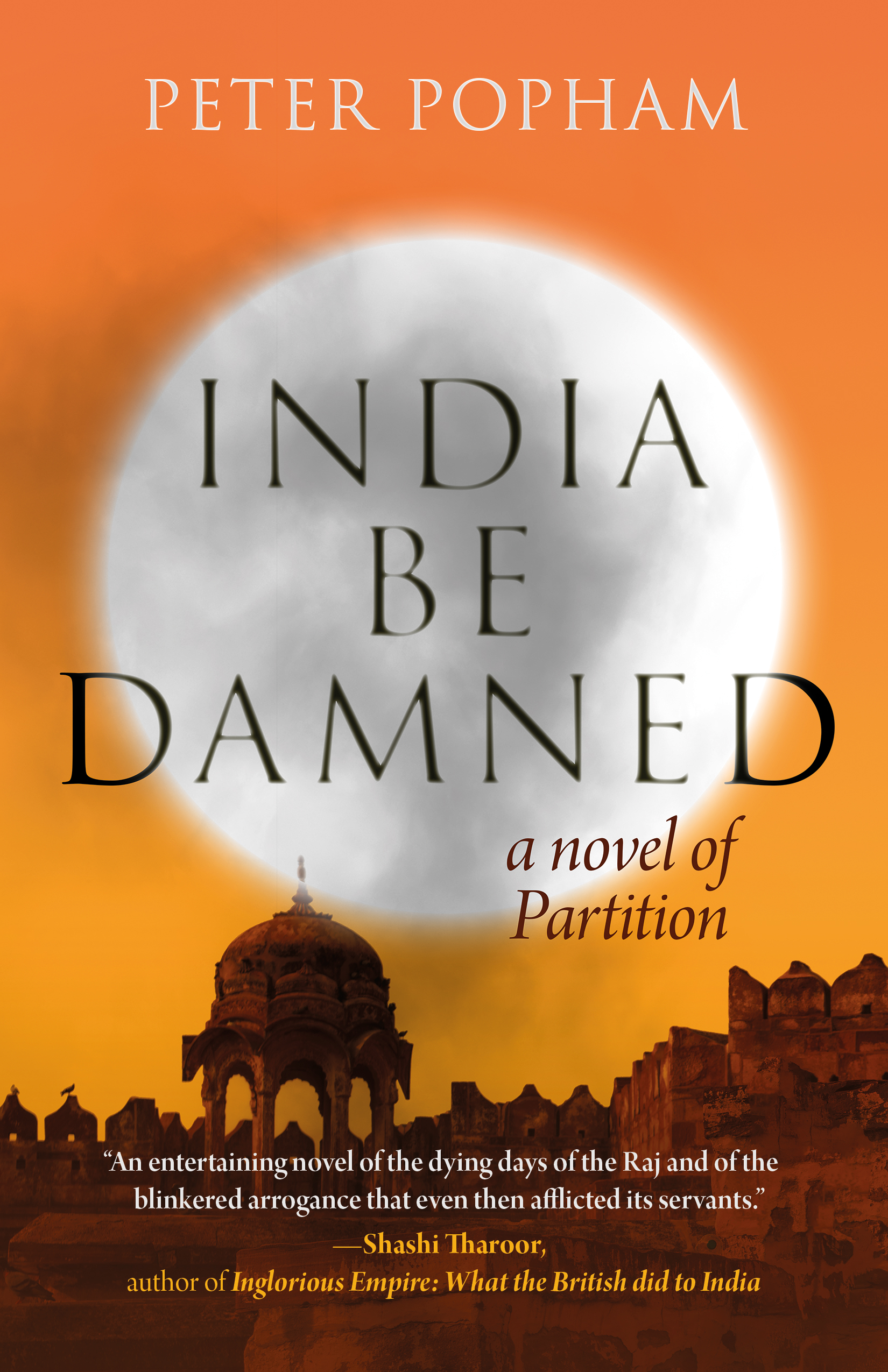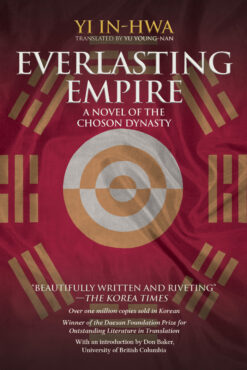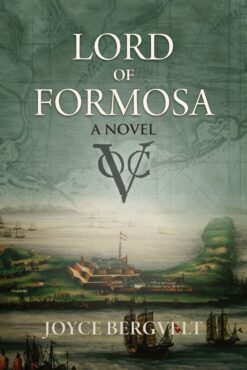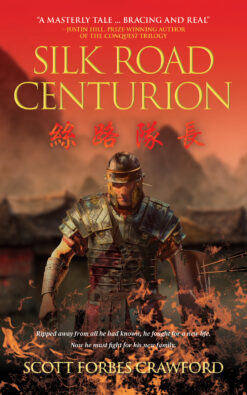Description
India Be Damned is an epic thriller set in India during the last days of the British Raj and the first murderous months of independence.
Peter Popham’s novel traces the fate of a group of foreigners between Diwali, in October 1946, and the start of the first Indo-Pakistan war in Kashmir one year later. They feud, fight, betray, fall passionately in love, risk death and, in two cases, die violent deaths as the destiny of the subcontinent is bickered over and finally decided.
Fred Niblett, the correspondent of the Times, Vandana Singh, a Delhi aristocrat, Zacharay Starr, a young freelancer fresh from London, Hilda Flood, Mahatma Gandhi’s long-serving personal assistant, Joe Fisher, correspondent of Newsweek – all are ripped from their moorings by the tornado of independence and partition, their long-held certainties shattered.
To the bitter end the Raj entangled its functionaries in webs of delusion. Even Fred Niblett, who had previously been a follower of Mahatma Gandhi, felt uniquely blessed to be an Englishman in India.
Vandana Singh shook a cigarette from her bag, leaned into the candle flame and exhaled a long plume of smoke. “Don’t be silly, Fred,” she said.
“Where does ‘silly’ come into it?”
“Fred dear, you’re British. The Raj is dying on its feet.”
“Why is this a problem?”
“You people are in power,” she explained gently. “Outrageous though it seems, you’ve been in power here for centuries. What do you imagine your life here would be like if you weren’t?”
He furrowed his brow. Of course the British were leaving. Their departure was long overdue. But life – his own charmed life – would go on much as before, wouldn’t it?
As catastrophe loomed, Britain cast around for a way to sustain the illusion. They hit on the perfect answer, picking Lord Mountbatten to be the last viceroy.
He was a beautiful man. He looked like a movie star. He was rich, he was royal. His chest was covered in medals. He was Prince Charming. He was a war hero. He was as famous as it was possible to be famous, yet he wore his fame without pride or pomposity. He was a sort of demigod. And he was coming here, coming to India at full speed, rushing valiantly to India’s aid. And then he was going to close down the Empire, and hand over the keys and all the money and everything else to India, with a movie star smile and a self-deprecating joke.
Britain decided on Partition. At midnight on 15 August two new nations, India and Pakistan, became independent. But the border that divided them – the detail that cost a million lives and turned millions more into refugees – was published only the next day, the imperial power having washed its hands of the whole affair.
In Delhi on that day Bhatia drove Zacharay Starr around the city streets in the small black Austin. In Connaught Circus they saw Muslim shops barred and shuttered and others that had been burned out…The streets were full of tattered young men roaming in gangs, continually on the move, compulsively patrolling the city, their eyes glittering like sleepwalkers, endlessly tramping, some with bottles of drink in their hands, or logs of wood, or smashed bottles, grasped by the neck.
…It was as if damned souls had risen from their graves to patrol the city… Sometimes they would find a Muslim hurrying on some vital mission and they would seize him and pummel him to the ground and more youths would run to the spot and put in their feet and sticks and either the man would escape, hobbling and gasping, or he would finally lie still in his blood-soaked clothes.
About the Author
Peter Popham’s books include The Lady and the Peacock (“A masterly narration”, Archbishop Desmond Tutu), which was an international best-seller, and Tokyo: the City at the End of the World ( “A powerful and relevant dissection of a remarkable city”, Deyan Sudjic). For five years he was the South Asia correspondent of The Independent based in Delhi.
Related books
Yi In-hwa
| $5.99 | $14.99 | $24.99 |
| E-book | Paperback | Hardback |
Joyce Bergvelt
| $5.99 | $19.99 | $34.99 |
| E-book | Paperback | Hardback |
Scott Forbes Crawford
| $3.99 | $19.99 | $29.99 |
| E-book | Paperback | Hardback |





